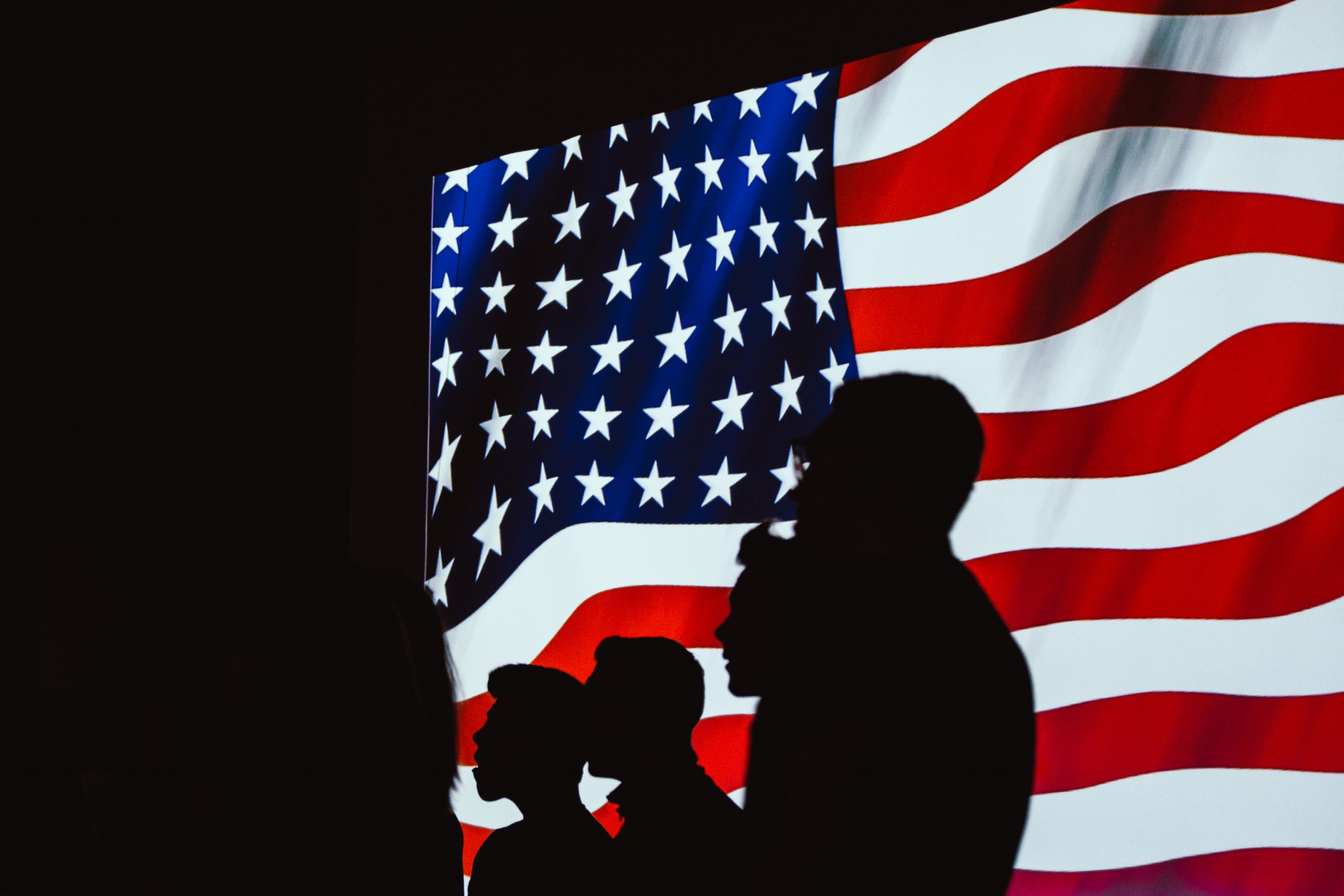In early July, the two nations in which the Knights of Columbus was first established both celebrate their independence: Canada on July 1 (“Canada Day”) and the United States on July 4 (“Independence Day”). Independence Day in the Philippines was celebrated just a few weeks ago, on June 12.
Independence Days are typically celebrated with public displays of patriotism, including parades, picnics, fireworks displays and speeches at civic events and members of the Patriotic Degree of the Knights of Columbus (the Fourth Degree) will often be found turning out in full regalia at these ceremonies.
Patriotism has been one of the four principles of the Knights of Columbus since the Fourth Degree was established in 1900, with a ceremony on George Washington’s birthday, February 22. (Patriotism and Fraternalism, by Christopher Kauffman, is a history of the Fourth Degree published in 2001.) Each of the major jurisdictions of the Order has its own version of the Fourth Degree Ceremony, with each focusing on the distinctive history of Catholicism in that particular country.
In 2005, not long before he died, Pope John Paul II published what was to be his last book, Memory and Identity. It was a fascinating discussion of good and evil, of church and state, of freedom and democracy, and of the Communist and Nazi totalitarianism which produced so much human tragedy during the 20th Century.
The Pope drew a careful distinction between nationalism and patriotism.
“Whereas nationalism involves recognizing and pursuing the good of one’s own nation alone, without regard for the rights of others,” he wrote, “patriotism . . . is a love for one’s native land that accords rights to all other nations equal to those claimed for one’s own. Patriotism, in other words, leads to a properly ordered social love.”
John Paul notes that the word patriotism comes from the root word “patria,” meaning “home” or “native land.” It is related to the Latin word “pater,” meaning “father,” and so we sometimes speak of “fatherland” or “motherland” as well. “The concept of patria includes the values and the spiritual content that make up the culture of a great nation,” the Pope wrote. “The very idea of ‘native land’ presupposes a deep bond between the spiritual and the material, between culture and territory.”
For members of the Knights of Columbus, for whom faith and patriotism go hand in hand, Pope John Paul’s is a concise description of the relationship between the two: the Fourth Commandment, which tells us to honor our father and mother, obliges us to honor our homeland as well: “The spiritual patrimony which we acquire from our native land comes to us through our mother and father,” he says.
“Patriotism is a love for everything to do with our native land: its history, its traditions, its language, its natural features. It is a love which extends also to the works of our compatriots and the fruits of their genius. Every danger that threatens the overall good of our native land becomes an occasion to demonstrate this love. . . The native land is the common good of all citizens and as such it imposes a serious duty.”
